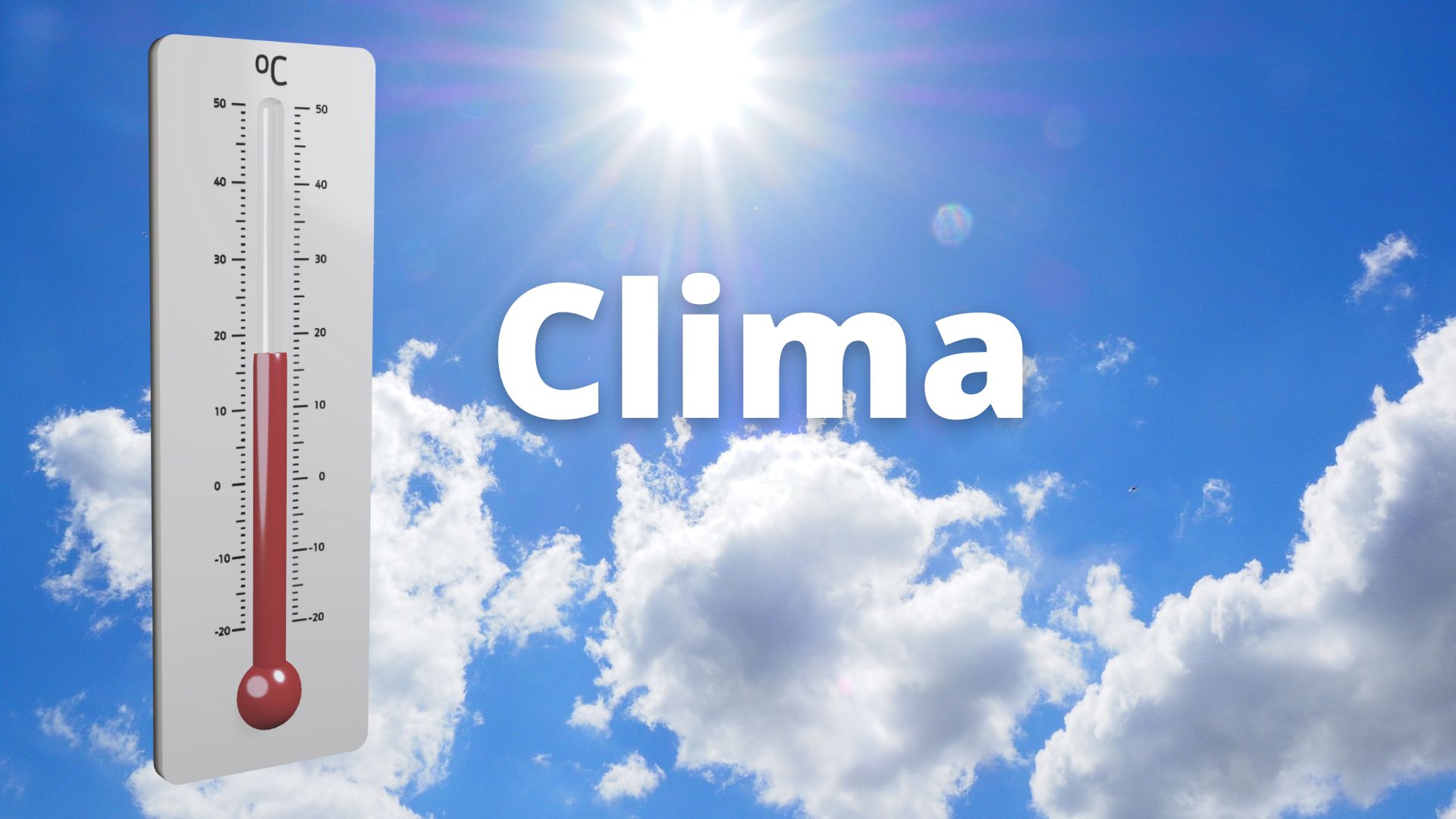
Spring, summer, fall or winter, these days it doesn’t matter what season it is in the face of recent climate change that makes an afternoon of blazing sunshine turn into a storm in the blink of an eye.
Looking for the weather has become a habit among many people to know what to wear, what shoes to choose, plan a trip or decide whether or not to carry an umbrella. Below we present the weather conditions in Punta del Este.
Weather in Punta del Este
During the day
Maximum temperature: 13 degrees centigrade
chance of rain: 4%
cloudiness: 68%
gusts of wind: 20 kilometers per hour
UV Index: 4
Overnight
Minimum temperature: 9 degrees centigrade
chance of rain: 25%
cloudiness: 87%
Gusts of wind: 28 kilometers per hour
This is the weather in Punta del Este
east enda peninsular city located in the southern end of Uruguay, is characterized by having a temperate type climate due to its oceanic waters, which favors its four well-defined seasons.
Being a city located between the Río de la Plata and the Atlantic Ocean, this region is distinguished by have more winds than other metropolises Uruguayan, which end up softening the temperatures during the summer or winter.
Summers in Punta del Este They are not excessively hot. In January, the warmest month, the thermometer shows a maximum of 26 degrees and a minimum of 18 degrees.
On the contrary, winter is cool, with cloudy skies and a lot of wind. During July, the coldest month, the minimum temperature does not drop below 8 degrees, while the maximum reaches 14 degrees. At the end of this season it is common for there to be rainfall, although there are usually occasional rains during the year.
What is the weather in Uruguay
Uruguay It is a country with a temperate-humid climate, with hot summers and cool winters. Furthermore, due to its geographical location and its proximity to the ocean, it has a double rainy season between spring-summer and autumn.
The country has an average temperature of 17 degrees a year, however, there is a very marked difference in its territory: the northwest region where Artigas, Salto and Rivera are located is warmer with an average of 18 degrees; while the southeast where Montevideo, Maldonado, Rocha and Lavalleja are located are cooler, with an average of 16 degrees.
Given the strong winds that occur in the nation, summers are less extreme and winters are cooler, which also causes cold waves that especially affect the north and south of the center. Only in one month up to 25 frosts can be registered.
Just on January 15, 2022, the country registered a new record for highest temperature in its history, when the Meteorology Institute of Uruguay (Inumet) pointed out that the maximum in Florida had reached 44 degrees, equaling the mark of January 20, 1943. On the contrary, the coldest was that of Mercedes on January 29 July 2007 with -7.6 degrees.
Scientists warn that due to the effects of climate change, Uruguay could experience an increase in temperature of up to three degrees in the year 2100as well as an increase in rainfall.
KEEP READING:
More news
